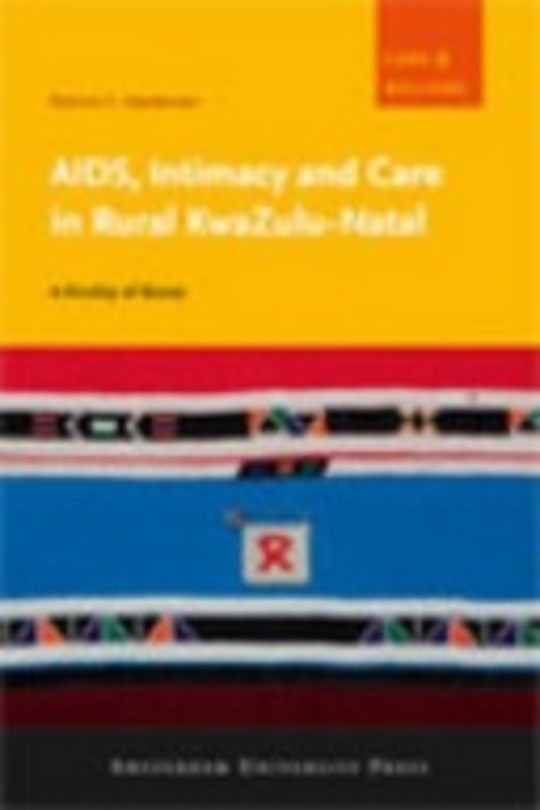
Social Media In Rural China
Free
Description
Contents
Reviews
Language
English
ISBN
Unknown
Front-Cover
Half Title
Series
Title
Copyright
Introduction to the series Why We Post
Acknowledgements
Contents
List of figures
List of tables
Note on the text
1 Introduction and field site:
Down to the countryside
Chapter outline: from circles to strangers
Ways of understanding social media in rural China
The problem of ‘the Chinese internet’
Social media on ‘the Chinese internet’
Internet use in rural China
Locating Anshan Town
Moral frameworks in Anshan Town
The town and its people: an outsider’s view
Households and families
Employment
Manual workers: from farms to factories
Service jobs: small-private traders, government and enterprise
Travelling educated workers: from the town and from elsewhere
Elite: leaders and businesspeople
Homes, wealth and possessions
Urban connections: mobility and gender
Doing field work
Conclusion: the ideal life of Anshan Town
2 The social media landscape:
Visibility and economy
Changing communications and rural
informatisation in Anshan Town
Anshan Town’s social media platforms:
affording visibility
QQ
WeChat
Renren
Microblogs (Sina Weibo and Tencent Weibo)
Momo
Non-Chinese social media
Economies of access
Smartphones and mobile broadband
Home broadband connections
Work unit broadband
Internet café
School
Conclusion: Choice and constraint
3 Visual postings: Idealising family – love, marriage and ‘little treasures’
‘Treasure one hundred-day photographs’:
a wealth of variety
The desire for a ‘wealthy’ variety of baby photos
From print albums to Qzone sharing of baby photos
Love and devotion
Romantic memes: How teenagers talk about love online
Posting about one’s own love: legitimised experience
of newly married couples
Expressions of thanks to parents (or friends?)
‘Shared’ values
4 Relationships: Circles of friends, encounters with strangers
Defining circles
A circle of schoolmates
Families online: absence of online parent–child relationships
Class groups and QQ groups
Changing circles: high-school, university and work
Seeking out strangers
Aliases, avatars and anonymity: bridging friends and strangers
Messily adding: encountering disorder
Romance among students
Social media in marriage: the stranger as the ‘third one’
Conclusion: Making moral relations
5 Moral accumulation: Collecting
credits on social media
Gamification is not an explanation
Bureaucratic measures: The rules governing level
accumulation (or how to get 2.89 days out of 9.5 hours)
‘Online time’: putting in the hours
Trading levels for invisibility
Paying for privilege
Levels on other social media platforms
User agency: the manipulation of accumulation
Staying logged in
Getting the help of friends
Multiple accounts
Paid membership
Accounting for accumulation: level accumulation
and morality
‘Growing up’ and level accumulation
Understanding accumulation: the hard work of gambling
From money to morals: the appeal of cash-less gambling on QQ
Conclusion: entrepreneurship, social media
and social transformation
6 Broader relations: The family,
the state and social media
Cause for control: Protecting nation and family
State-level controls: The Golden Shield
Deleted posts and frozen accounts
Limiting youth access
Appropriate content: propaganda and patriotism
Tencent news: national news delivery via social media
Patriotic postings
Monetised media: business and friendship
on social media
Social media for promotion
Taobao
Conclusion: Making social media
moral – from content to commerce
7 Conclusion: Circles and strangers, media moralities and ‘the Chinese internet’
Circles and strangers: individualistic relations
Media moralities
Understanding ‘the Chinese internet’
and its social media
Appendix – Methodology
Questionnaires
Questionnaire A
Questionnaire B
Questionnaire C
Glossary of selected Chinese terms
Notes
References
Index
Back-Cover
The book hasn't received reviews yet.











